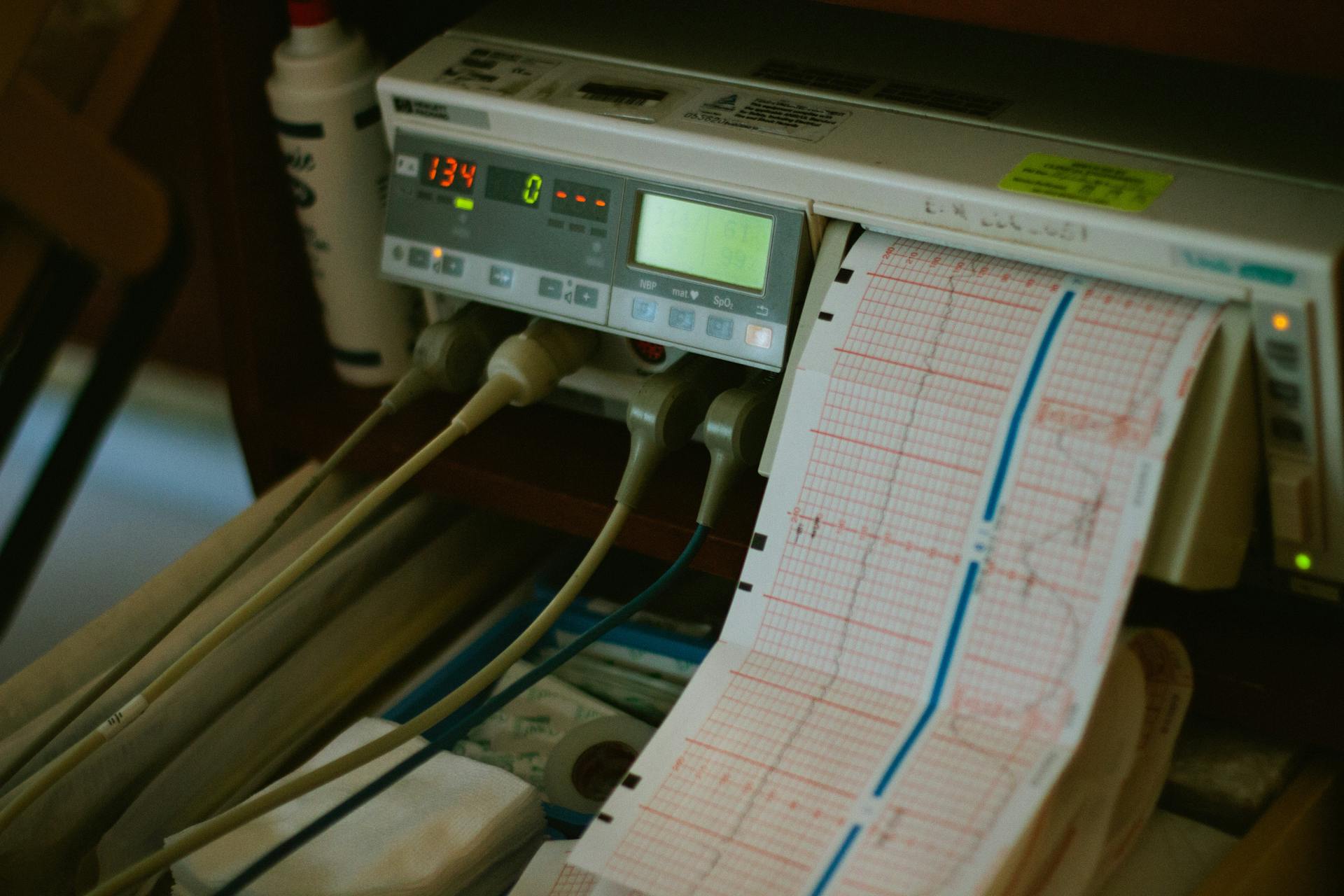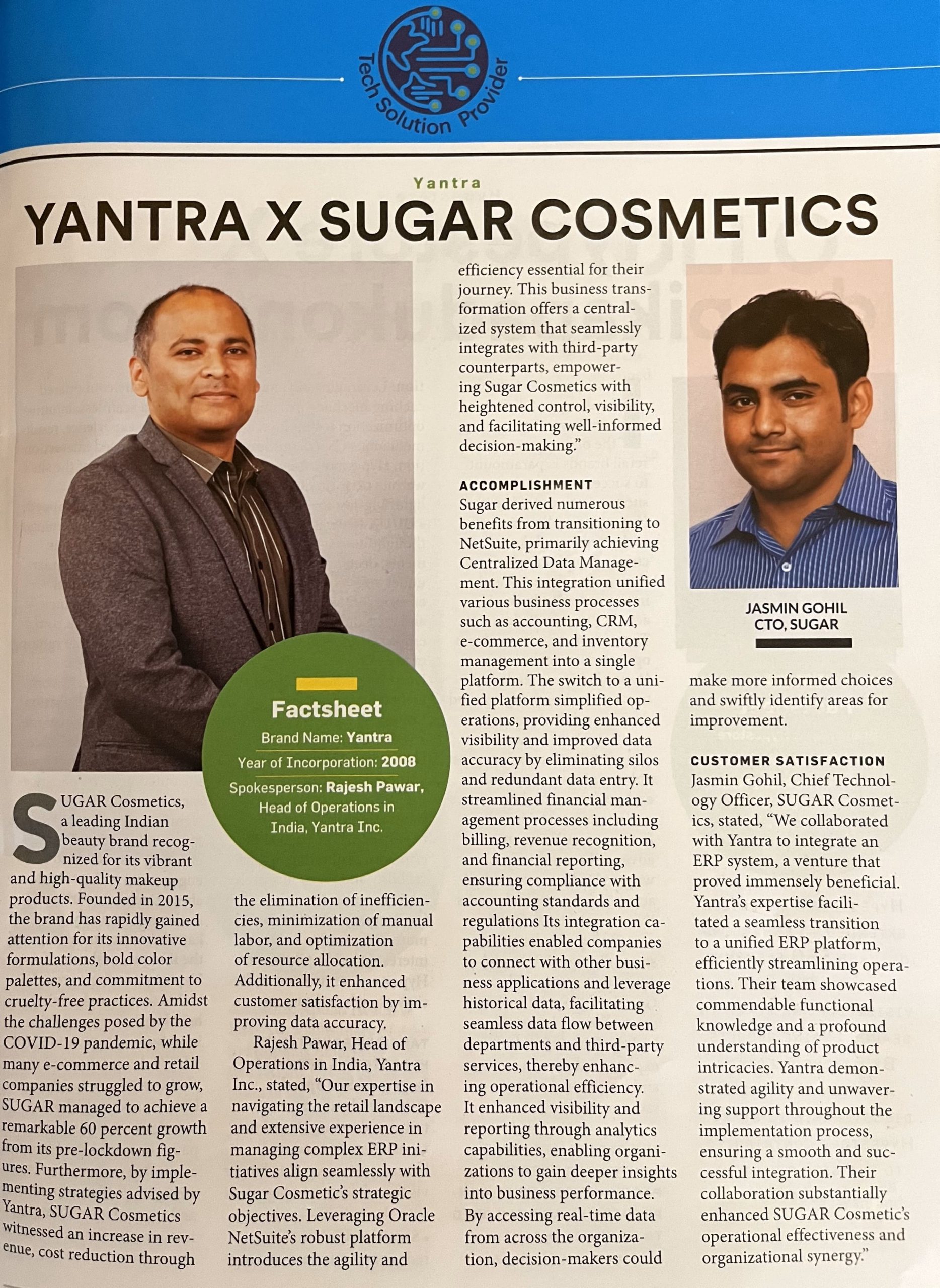Enterprise Resource Planning (ERP) systems are pivotal in orchestrating and organizing the complex industry of healthcare, resource management, and regulatory compliance. As technology evolves, so do the ERP solutions that healthcare organizations rely on to streamline operations and enhance service delivery. Keeping pace with the latest trends in healthcare ERP drives operational efficiencies and profoundly impacts the quality of healthcare services. This article explores the trends shaping healthcare ERP, highlighting innovations that redefine industry standards through automation and operational shifts
Integration of Artificial Intelligence and Machine Learning
The integration of Artificial Intelligence (AI) and Machine Learning (ML) into healthcare ERP systems marks a significant trend, transforming backend operations and allowing strategic focus by the CFOs and CEOs on the core business of patient care services. AI algorithms enhance decision-making by analyzing vast amounts of data, from patient health records to inventory levels, enabling predictive analytics that can anticipate needs before they become critical. For instance, AI can predict patient admission rates, helping hospitals manage staffing and bed availability more effectively.
Moreover, ML can be used to optimize operational processes such as supply chain management and maintenance scheduling. By analyzing historical data, ML algorithms can predict the optimal times for equipment maintenance, thus preventing downtime and extending the lifespan of expensive medical equipment. Similarly, in supply chain management, ML can forecast inventory needs, reduce waste, and ensure that medical supplies are efficiently allocated, enhancing overall hospital efficiency and reducing operational costs.
Cloud-based ERP Solutions
Cloud-based ERP solutions are gaining traction in the healthcare industry due to their scalability, flexibility, and cost-effectiveness. Unlike traditional on-premise systems, cloud ERPs offer healthcare providers the ability to get full insight into available resources to scale resources up or down as needed without significant capital investment. This is particularly beneficial for healthcare systems that experience fluctuating demands.
Additionally, cloud-based systems excel in reducing manual workload and enhancing operational efficiency through automation. They seamlessly integrate with existing legacy systems, which allows for the automation of routine tasks such as data entry, billing, and compliance reporting. This integration saves time and reduces the likelihood of human error, improving overall operational accuracy. The automation features of cloud ERPs ensure that healthcare organizations can spend less time on administrative tasks and more on optimizing their operations and service delivery.
Mobile Accessibility and Remote Operations
As healthcare continues to extend beyond traditional settings, mobile accessibility in ERP systems has become crucial. Mobile-enabled ERP solutions allow healthcare professionals to access critical information and perform tasks remotely, enhancing their ability to provide timely care, especially in home health and community-based settings. This mobility supports a more flexible workforce while ensuring that patient data remains accessible and secure, a key component in today’s increasingly connected world.
Compliance and Security Enhancements
Regulatory compliance and data security are at the forefront of ERP trends in healthcare. With stringent regulations such as HIPAA in the United States, ERP systems are increasingly equipped with advanced security features to protect sensitive patient data. These enhancements include encryption, multi-factor authentication, and secure data storage solutions. Furthermore, ERPs are being designed to automatically update by new regulatory requirements, ensuring that healthcare organizations remain compliant without manual intervention, thereby reducing the risk of breaches and penalties.
Personalized Patient Care through ERP
ERP systems are increasingly used to foster personalized patient care by integrating diverse health data into a centralized platform. This integration allows healthcare providers to access a complete view of patient histories, treatment plans, and potential risk factors, facilitating more informed decision-making and personalized treatment strategies. Additionally, ERPs can help coordinate care across different service providers, ensuring that all practitioners are aligned in their approaches and communication, which is critical for patients with complex, chronic conditions.
These trends reflect a shift towards more agile, responsive, and interconnected systems capable of not only managing the present complexities of healthcare administration but also adapting to future challenges. As these technologies continue to develop, they will undoubtedly play a pivotal role in shaping the future of healthcare delivery, making it smarter, more efficient, and increasingly focused on the patient’s individual needs.



